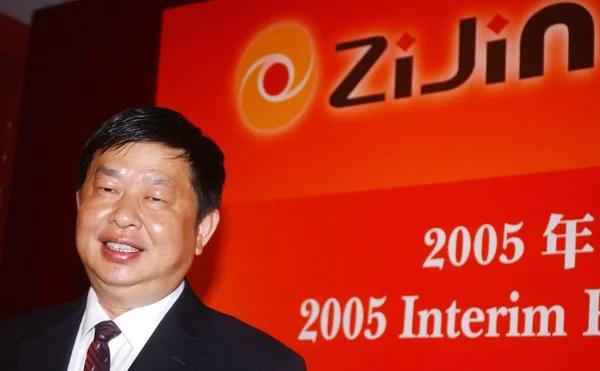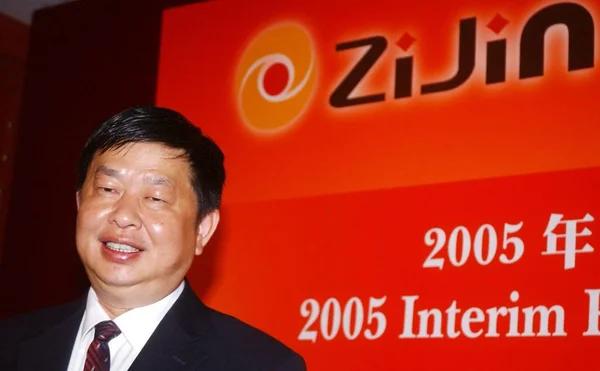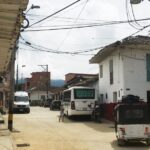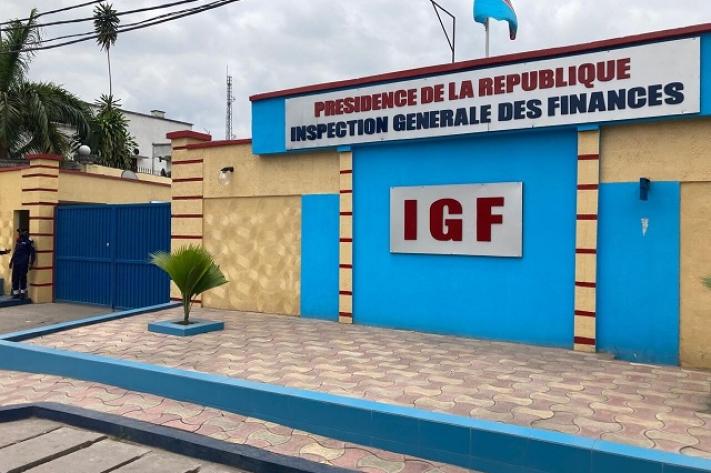MoneyBags1348
Top 20
17/02/2023
Chinese contracts: the IGF shouts at the sell-off of the country's mining resources and reveals the mafia network!
What everyone feared in what has since been called "Chinese Contracts" has just come true.
A report by the General Inspectorate of Finance, IGF, highlights that the Republic has sold off its resources in its contracts concluded under Kabila.
In fact, not having fresh capital to boost the development of the country, the regime had entered into a partnership with Chinese companies, in particular for the construction of basic infrastructure against the exploitation of deposits used for this purpose.
A joint venture had been created, SICOMINE to manage the interests of two parties.
Only then, after several years of implementation of this contract and exploitation of Congolese resources, the General Inspectorate of Finance comes to the conclusion that the resources of the Republic have been sold off and squandered against minimal achievements.
In the IGF report, the Chinese side has already exploited mineral resources worth 10 billion US dollars while the infrastructure built in return is valued at around 800 million dollars only and its impact is not visible.
To do this, the IGF simply recommends revisiting them.
"It is a question that the agency responsible for monitoring this program can begin a process that will lead to the revisiting of this agreement.
The glaring imbalance that has been observed, the selling off, the squandering of our minerals observed in this contract has been also the work of many misguided sons of our country who have accompanied Chinese companies in this macabre work against our country.
So now, by the will of His Excellency the President of the Republic, Head of State, the process is set in motion through the agency so that there is a rebalancing of the gains, advantages and charges in this agreement.
The DRC has made deposits available to the convention; deposits whose value is estimated at more than 90 billion USD.
Regarding the constitution of the company Sicomines, the DRC only had 32% of the shares while the Chinese part monopolized 68% for an undervalued capital of 100 million USD.
On the other hand, in the operation of this agreement, Chinese companies have already received a gain estimated at nearly 10 billion USD, while the DRC has only benefited from 822 million in terms of infrastructure.
Will it be necessary in the 822 million that we enter in depth to realize that there is no visibility of these 822 million", denounced Jules Alingete, inspector general, head of service of the IGF.
To convince us of the correctness of its argument, Alingete cites the example of the Cinquantenaire hospital, which is found in infrastructures of the order of 114 million USD when everyone knows that this hospital already existed and that it it was just a finalization that was done.
mediacongo
Chinese contracts: the IGF shouts at the sell-off of the country's mining resources and reveals the mafia network!
What everyone feared in what has since been called "Chinese Contracts" has just come true.
A report by the General Inspectorate of Finance, IGF, highlights that the Republic has sold off its resources in its contracts concluded under Kabila.
In fact, not having fresh capital to boost the development of the country, the regime had entered into a partnership with Chinese companies, in particular for the construction of basic infrastructure against the exploitation of deposits used for this purpose.
A joint venture had been created, SICOMINE to manage the interests of two parties.
Only then, after several years of implementation of this contract and exploitation of Congolese resources, the General Inspectorate of Finance comes to the conclusion that the resources of the Republic have been sold off and squandered against minimal achievements.
In the IGF report, the Chinese side has already exploited mineral resources worth 10 billion US dollars while the infrastructure built in return is valued at around 800 million dollars only and its impact is not visible.
To do this, the IGF simply recommends revisiting them.
"It is a question that the agency responsible for monitoring this program can begin a process that will lead to the revisiting of this agreement.
The glaring imbalance that has been observed, the selling off, the squandering of our minerals observed in this contract has been also the work of many misguided sons of our country who have accompanied Chinese companies in this macabre work against our country.
So now, by the will of His Excellency the President of the Republic, Head of State, the process is set in motion through the agency so that there is a rebalancing of the gains, advantages and charges in this agreement.
The DRC has made deposits available to the convention; deposits whose value is estimated at more than 90 billion USD.
Regarding the constitution of the company Sicomines, the DRC only had 32% of the shares while the Chinese part monopolized 68% for an undervalued capital of 100 million USD.
On the other hand, in the operation of this agreement, Chinese companies have already received a gain estimated at nearly 10 billion USD, while the DRC has only benefited from 822 million in terms of infrastructure.
Will it be necessary in the 822 million that we enter in depth to realize that there is no visibility of these 822 million", denounced Jules Alingete, inspector general, head of service of the IGF.
To convince us of the correctness of its argument, Alingete cites the example of the Cinquantenaire hospital, which is found in infrastructures of the order of 114 million USD when everyone knows that this hospital already existed and that it it was just a finalization that was done.
mediacongo
Last edited:










